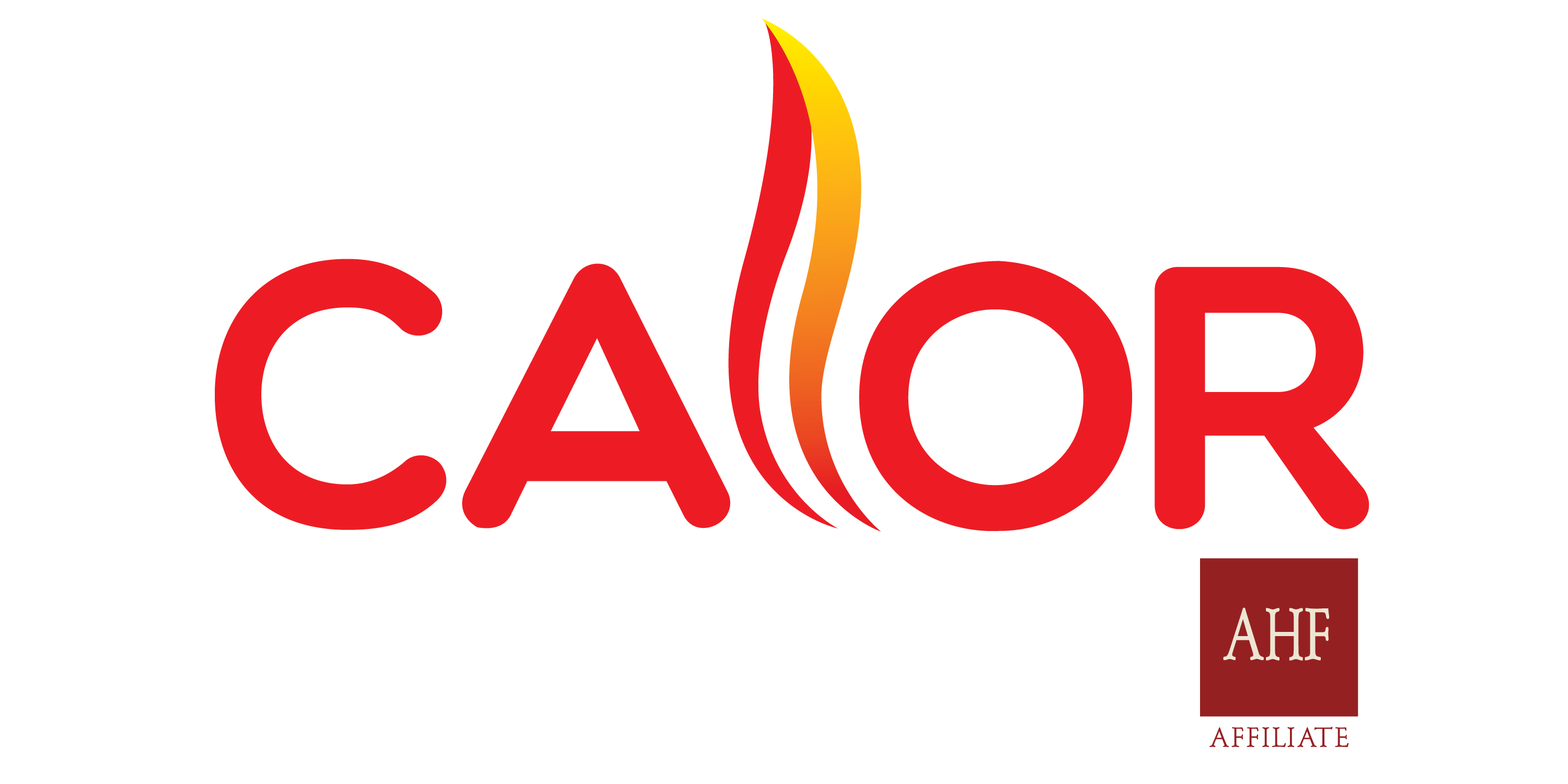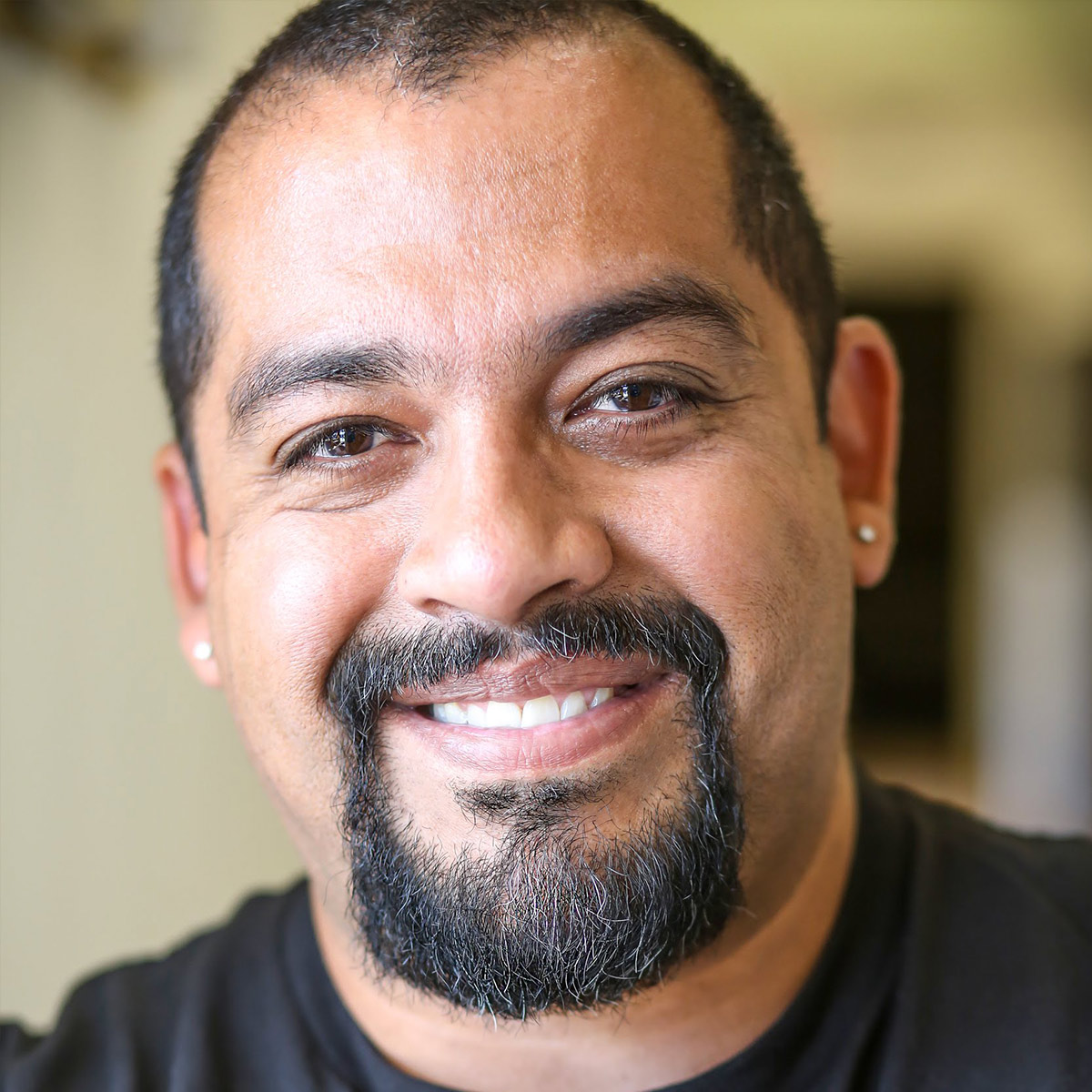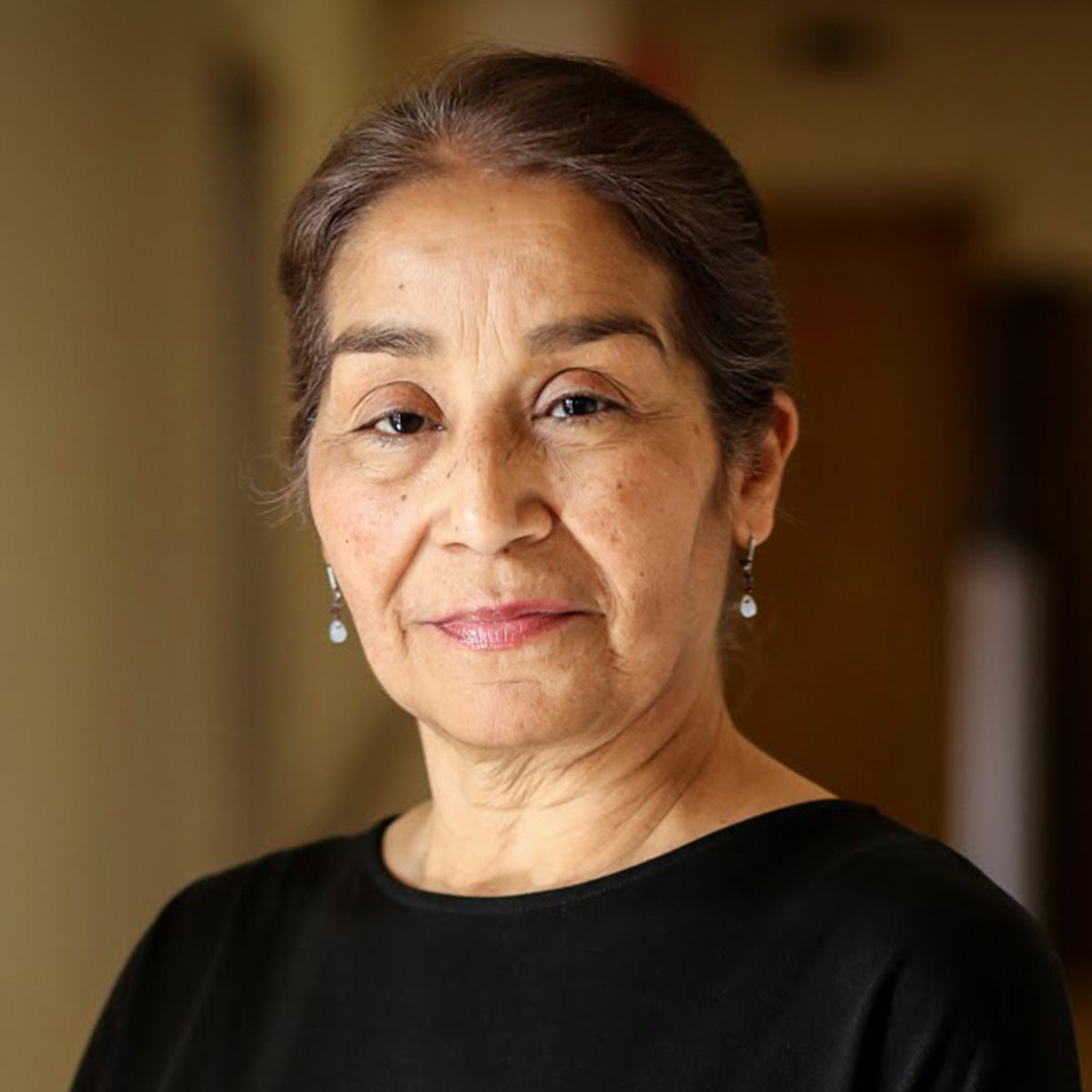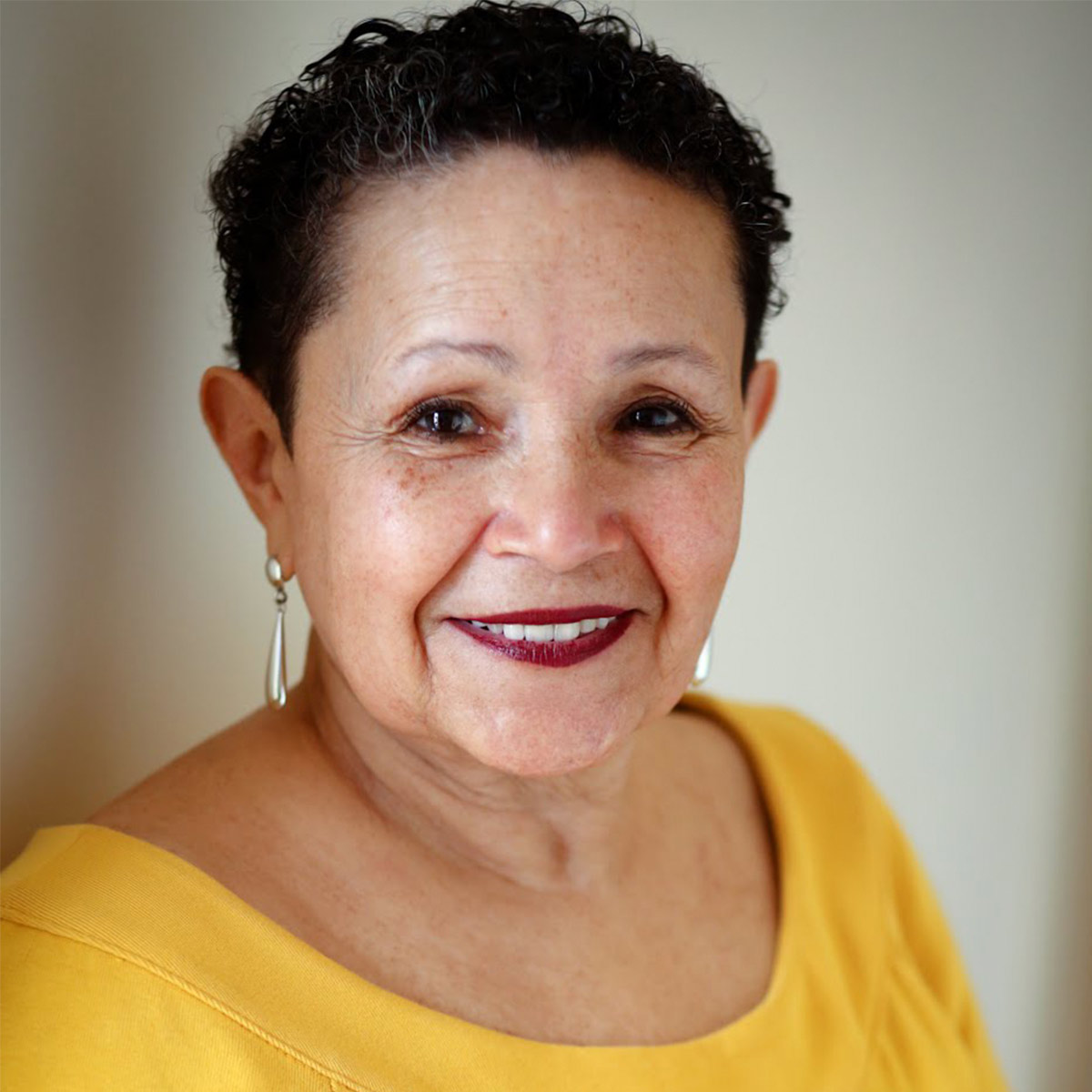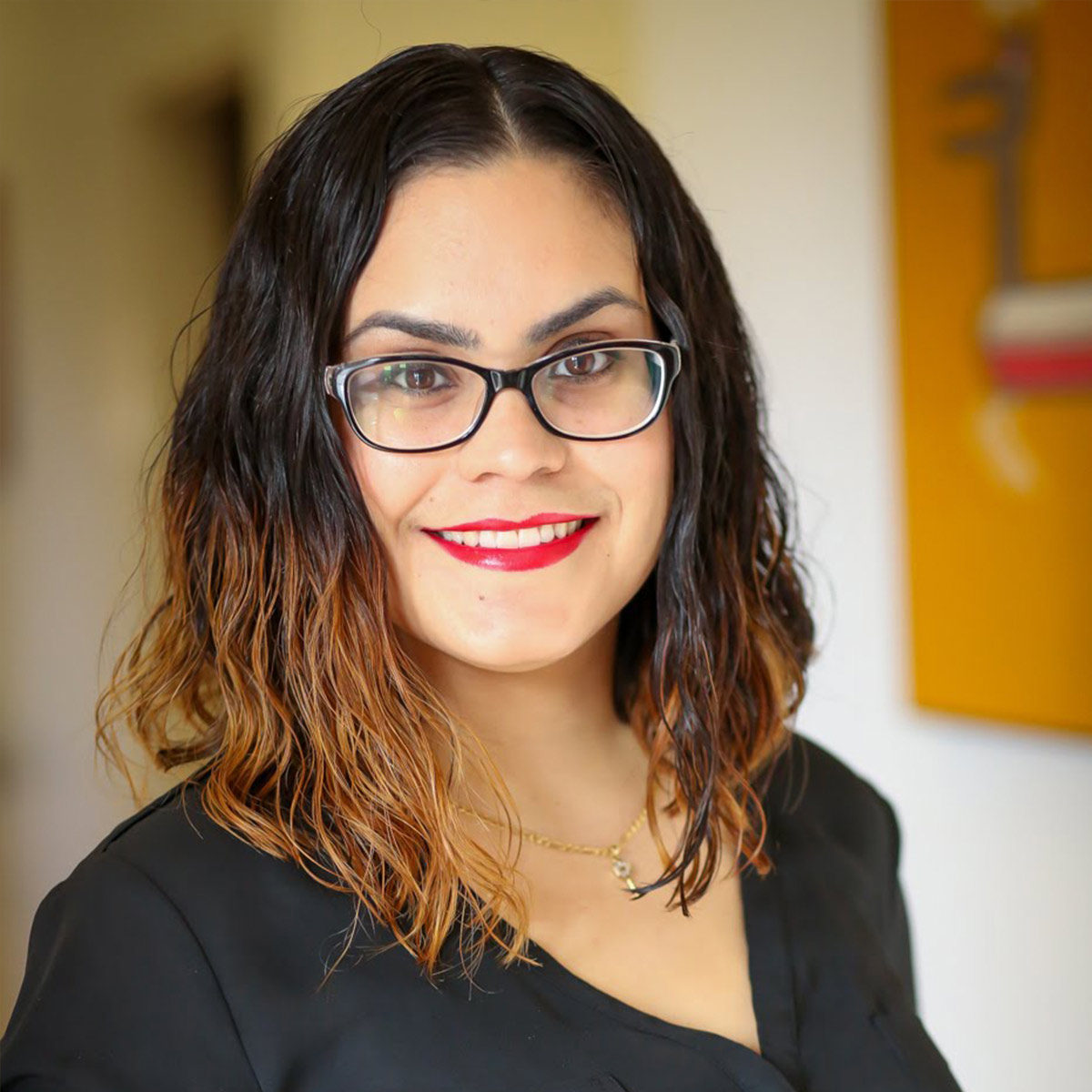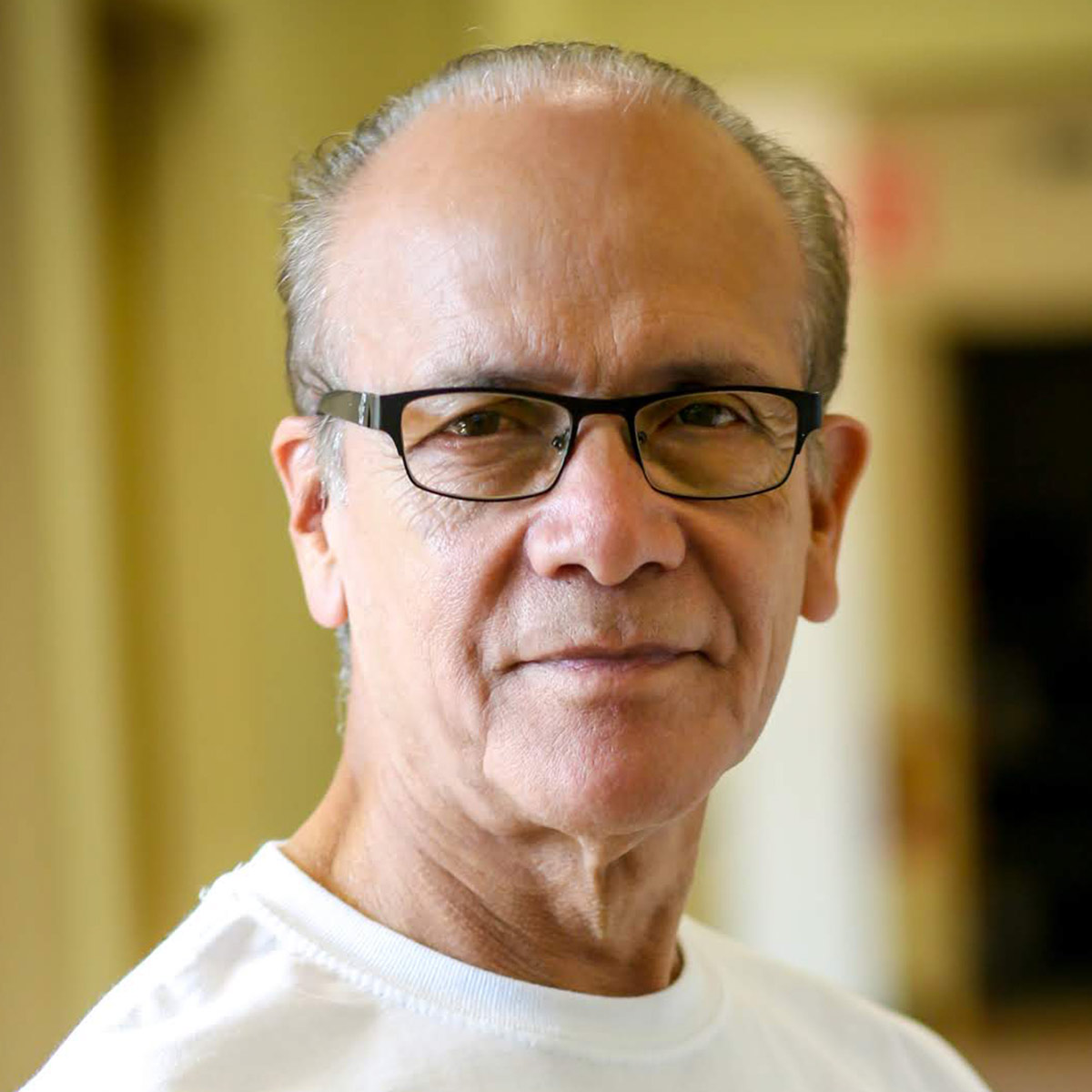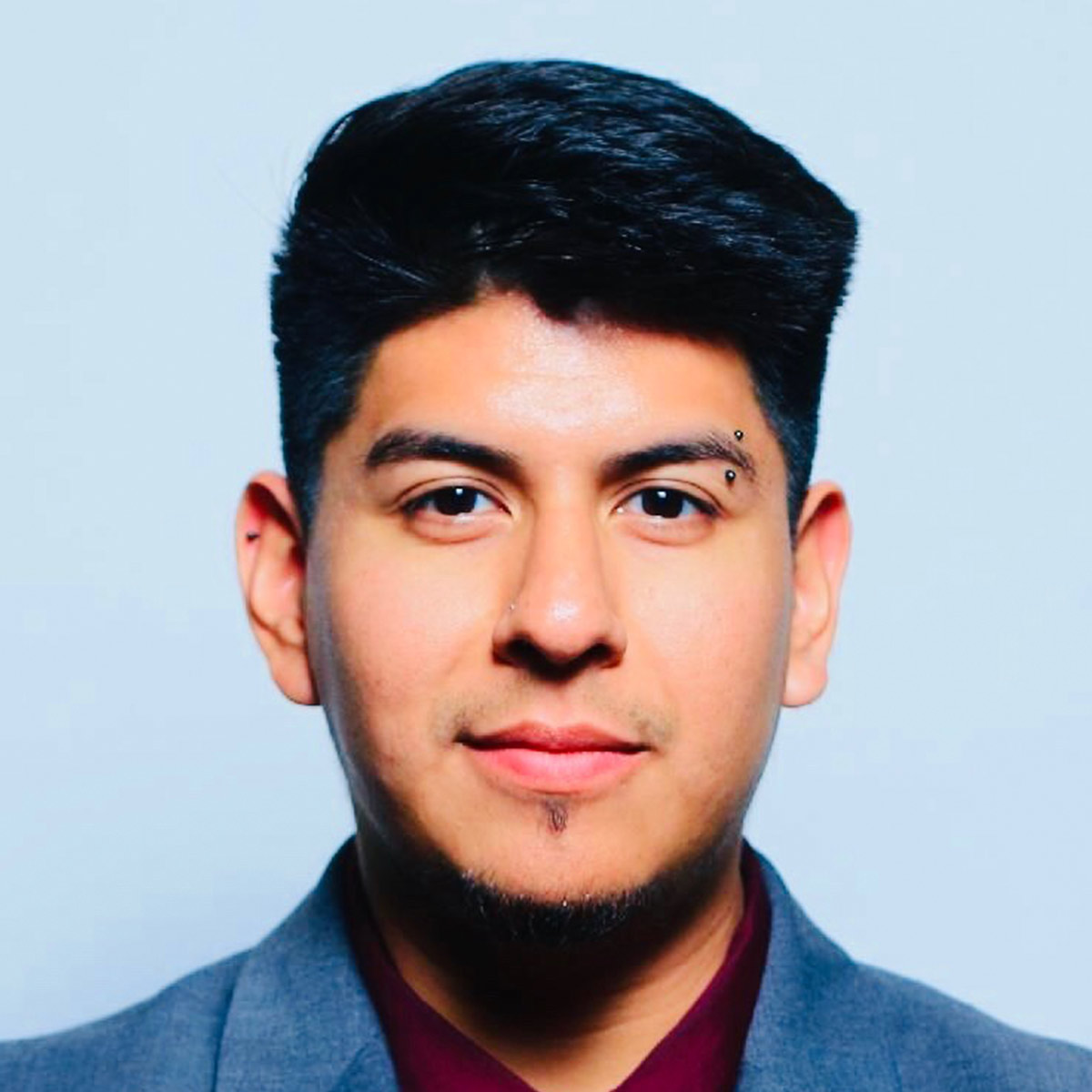About CALOR
Who We Are
In the 1980s and 1990s the Latino neighborhoods of Chicago experienced the devastating impact and frightening spread of HIV/AIDS. At the peak of this epidemic, many residents in these areas had a family member or knew of someone touched by HIV/AIDS.At that time, diagnosis and treatment options were confusing, particularly among Latinos, and complications from the disease were often devastating to those diagnosed with HIV/AIDS and their families.
In response, in 1990, a group of HIV and Latino activists formed a service initiative they named CALOR (Comprensión y Apoyo a Latinos en Oposición at Retrovirus). CALOR began as a grassroots organization, focusing on the Latino community on Chicago's West Side. At that time, culturally relevant HIV services were not available to Latino communities. For the first few years CALOR offered support groups for Latinos affected by the HIV virus and for Hispanic HIV/AIDS service providers. The emphasis was on providing intervention initiatives and building a support system for people recently diagnosed HIV positive. For CALOR, 1993 was a turning point. With the help of grants, the organization began offering case management services and mental health services.
Later, essential prevention initiatives were developed along with employment placement services. In 1997 CALOR merged with Anixter Center, a well-respected and established leading provider of services for people with disabilities of all ages. The merger allowed CALOR to increase the programs and services it offered to people with HIV/AIDS and to reach out to people with other disabilities. CALOR began offering substance abuse services and added a vocationalprogram to provide employment and training to Latinos with disabilities, including HIV/AIDS.
In the years that followed, CALOR continued to expand. It opened Casa Contreras, a 17-unit residential building named after two of CALOR's founding members—Salvador Contreras and José Luis Contreras. Then a new HIV/AIDS prevention and education program was started targeting young Latino men who have sex with men. That program, A.C.E., is now one of CALOR's signature programs.
Today, CALOR moved to a new location at 3201 W. North Avenue. CALOR is still growing. Today there is an even greater emphasis on serving all people of color impacted by HIV/AIDS. And there is a push to build key strategic relationships with other community organizations so even more people can be reached.
In response, in 1990, a group of HIV and Latino activists formed a service initiative they named CALOR (Comprensión y Apoyo a Latinos en Oposición at Retrovirus). CALOR began as a grassroots organization, focusing on the Latino community on Chicago's West Side. At that time, culturally relevant HIV services were not available to Latino communities. For the first few years CALOR offered support groups for Latinos affected by the HIV virus and for Hispanic HIV/AIDS service providers. The emphasis was on providing intervention initiatives and building a support system for people recently diagnosed HIV positive. For CALOR, 1993 was a turning point. With the help of grants, the organization began offering case management services and mental health services.
Later, essential prevention initiatives were developed along with employment placement services. In 1997 CALOR merged with Anixter Center, a well-respected and established leading provider of services for people with disabilities of all ages. The merger allowed CALOR to increase the programs and services it offered to people with HIV/AIDS and to reach out to people with other disabilities. CALOR began offering substance abuse services and added a vocationalprogram to provide employment and training to Latinos with disabilities, including HIV/AIDS.
In the years that followed, CALOR continued to expand. It opened Casa Contreras, a 17-unit residential building named after two of CALOR's founding members—Salvador Contreras and José Luis Contreras. Then a new HIV/AIDS prevention and education program was started targeting young Latino men who have sex with men. That program, A.C.E., is now one of CALOR's signature programs.
Today, CALOR moved to a new location at 3201 W. North Avenue. CALOR is still growing. Today there is an even greater emphasis on serving all people of color impacted by HIV/AIDS. And there is a push to build key strategic relationships with other community organizations so even more people can be reached.
